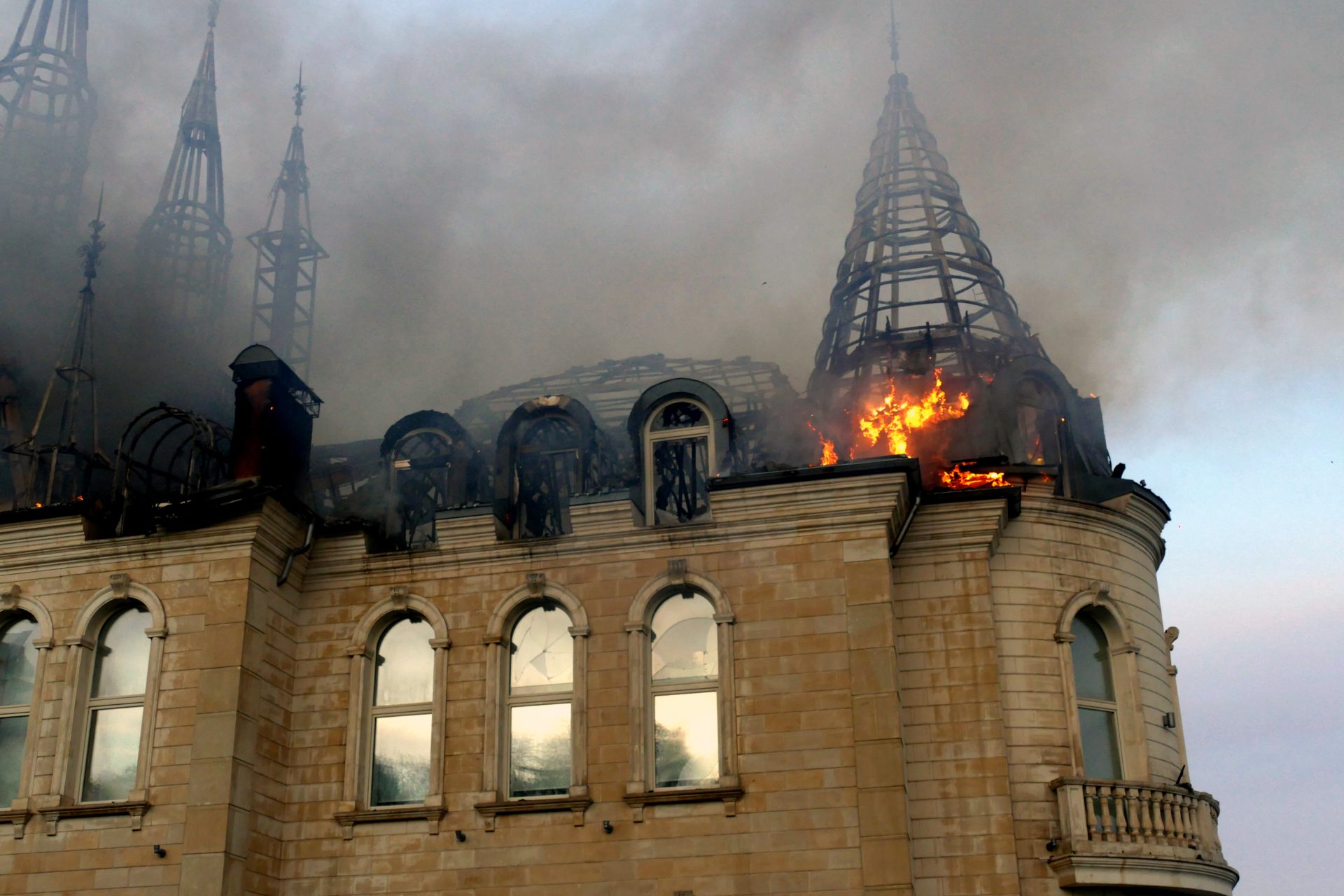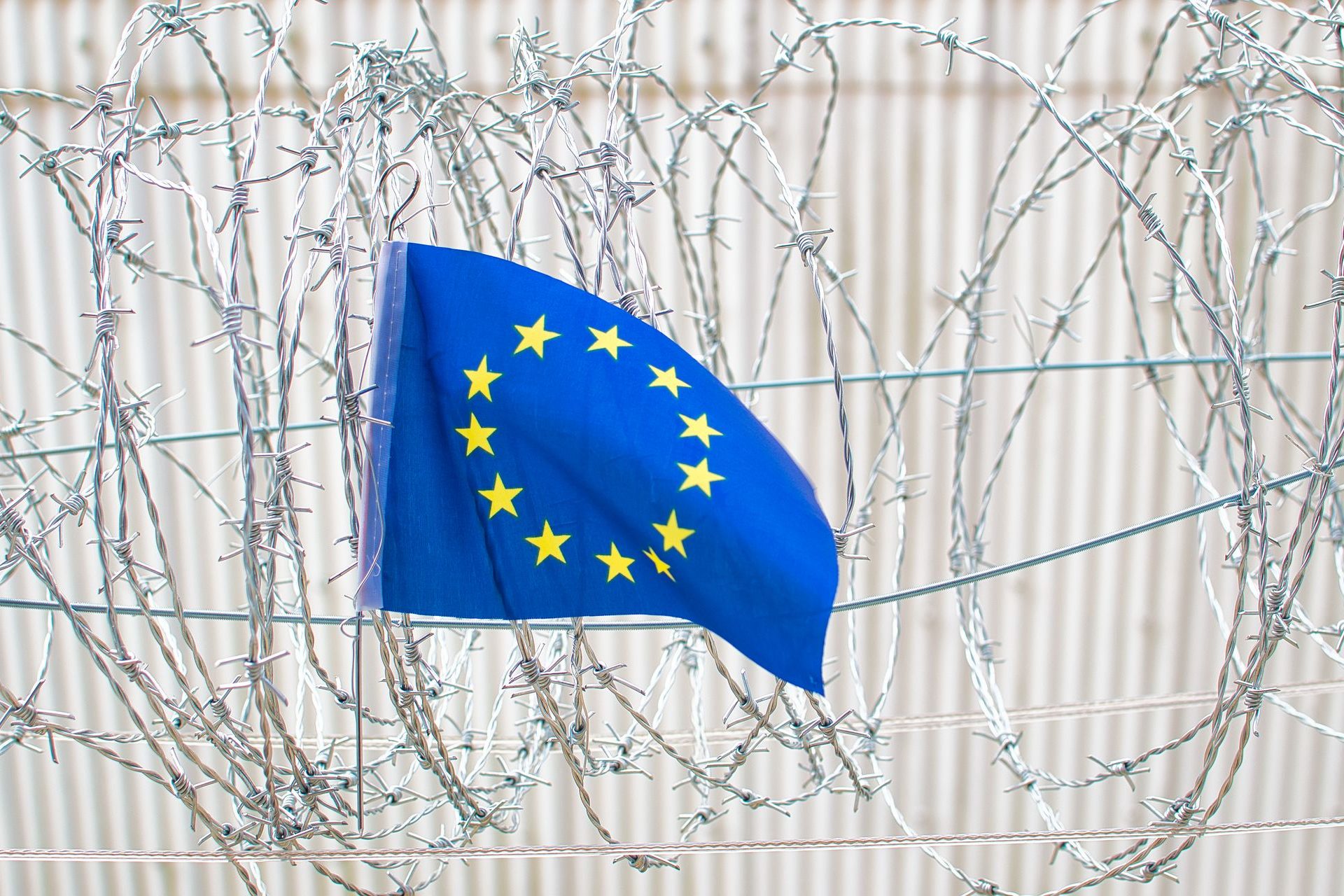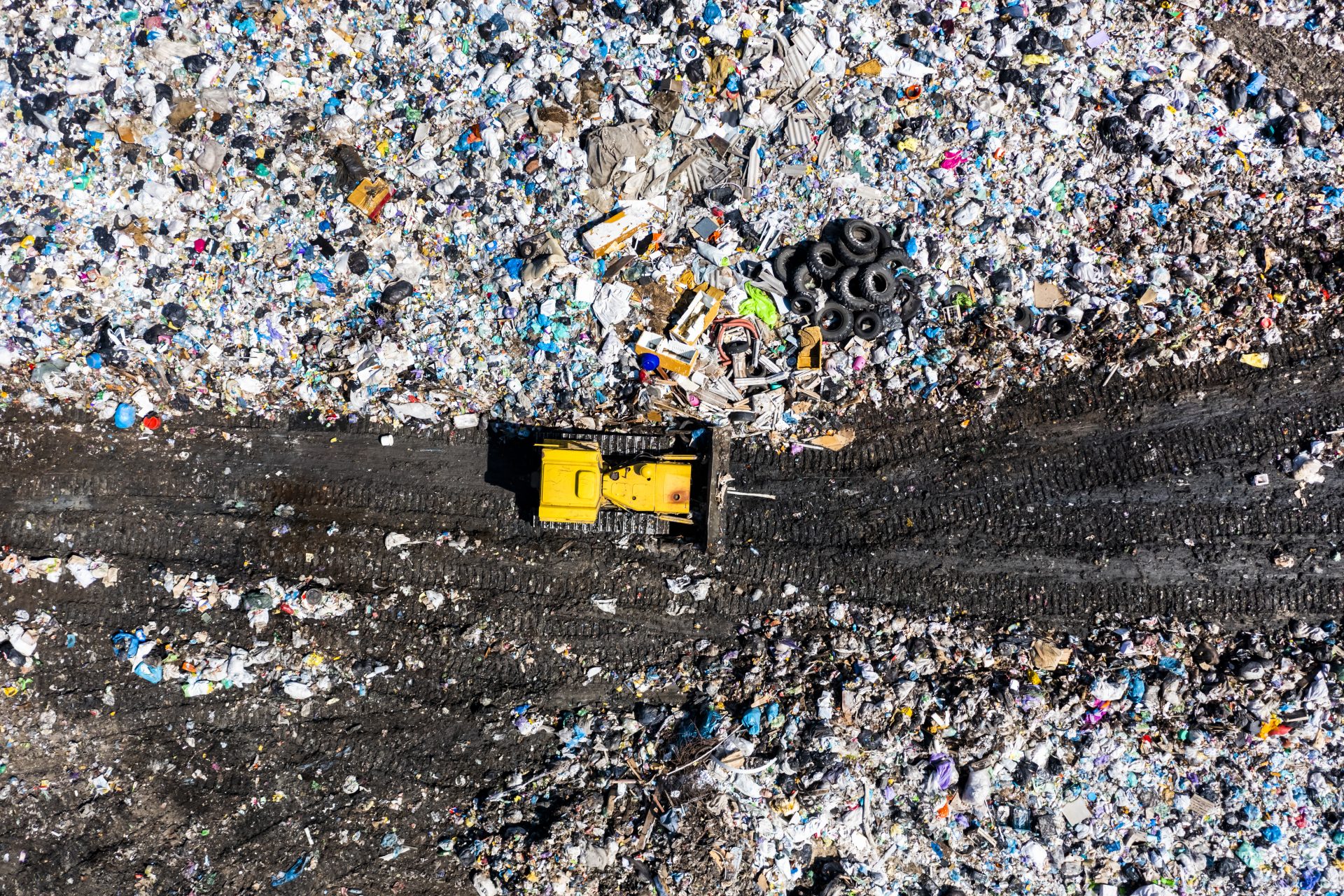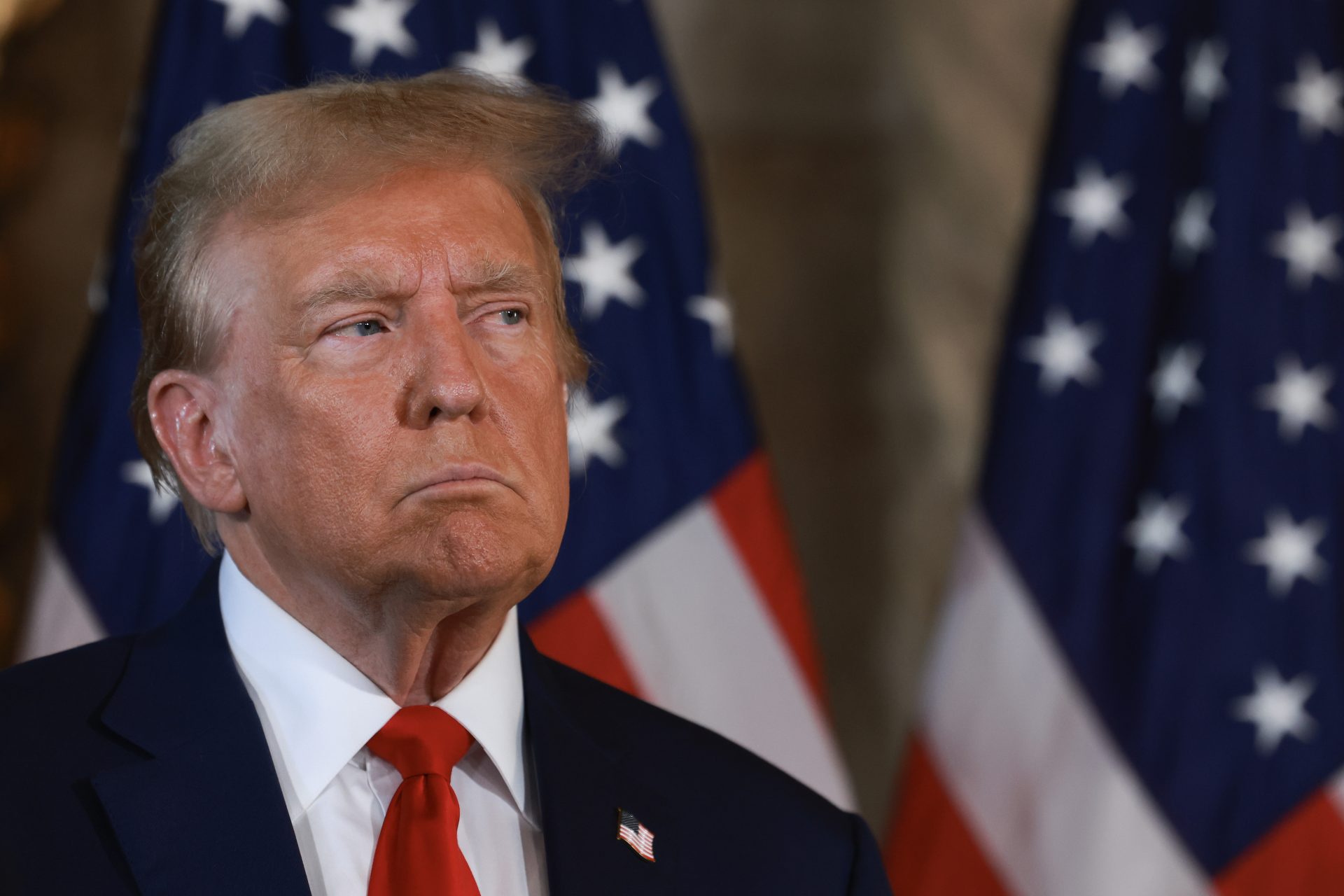Germany shuts down its last nuclear plants, despite protests
It's official! DW has reported that, as of April 15, 2023, the three remaining nuclear plants in Germany have been shut down. One of the world's biggest economies is now nuclear-free, but not without controversy.
The German government, headed by Olaf Scholz, refused to grant any more life extensions to the nuclear facilities after doing so in 2021.
The three plants were originally scheduled to close down in 2022. However, the German government announced in July of that year that it would seek to extend the life of the facilities beyond 2022.
“The government has not yet made any decision about how to deal with the three remaining German nuclear power plants after the end of this year”, a spokesperson told Reuters on August 16, 2022.
The German government, headed by Scholz, is a coalition headed by the Social Democratic Party of Germany, along with the Greens and the liberal Free Democratic Party. This is known as a “traffic light coalition”, after the traditional colors of the three political factions.
Back in March 2022, Minister of Economy Robert Habeck released a report where it originally assessed that extending the life of the nuclear plants wouldn't be necessary.
A member of the Green Party, Habeck, and his faction have faced backlash as popular support for nuclear energy has been on the raise after the Russian invasion of Ukraine.
On the eve of the Russian invasion of Ukraine, Germany suspended the certification of the Nord Stream 2, a gas pipeline connecting Russia with Germany.
Nord Stream 2 AG, the Gazprom subsidiary in Germany that was in charge of managing the pipeline, declared bankruptcy in May of that year.
Former German Chancellor Angela Merkel vowed to phase out nuclear plants in Germany in 2011, in the aftermath of the Fukushima Disaster in Japan.
Reuters reports that the three remaining power plants in Germany made up 6% of the country's power production in the first quarter of 2022.
Germany has championed the anti-nuclear policies within the European Union, slowly phasing out nuclear energy in favor of gas and wind, for the most part.
“Since the taxonomy eligibility of nuclear energy and natural gas is not only politically, but also scientifically contentious we would have preferred if the Parliament had decided against the inclusion of these activities,” said Thomas Richter, chief executive officer of the German Investment Funds Association, to Bloomberg.
However, the increasingly higher gas prices due to the war in Ukraine have made nuclear energy more and more attractive, particularly as a way to avoid dependence on Russia, the biggest supplier of natural gas in Europe.
The European Parliament voted on July 6, 2022, to label natural gas and nuclear energy as green alternatives, in which has proven to be a controversial decision.
Bloomberg reports that this means that both energy sources will now have access to billions of euros of funding from environmental investors as the European Union tries to transition into climate neutrality.
Nuclear energy has been supported within the European Union by France and President Emmanuel Macron. In 2021, it coordinated a letter from the EU states that makes the EU’s “nuclear alliance”.
“If Europe is to win the climate war, it needs nuclear energy. It is a vital and reliable resource for all to secure a low-carbon future”, reads the letter, signed by France, Finland, the Czech Republic, Hungary, and Poland, among others.
Those who oppose nuclear energy, tend to point out disasters such as Chernobyl and Fukushima and fear such incidents might happen again.
Nuclear energy activists, however, argue that if these power plants are managed with tight control, they can be a far better alternative than coal or natural gas and more efficient than water or wind.
On the other hand, they claim incidents like Chernobyl and Fukushima have been vastly exaggerated. Before the war in Ukraine, you could even do tourism around the ghost town Chernobyl is located.
During the UN Climate Change Conference in Glasgow in 2021, better known as COP26, many world leaders committed to nuclear energy as a viable alternative to stop greenhouse gas emissions.
The United Nations has already warned that by 2030, the damage done by greenhouse gas to the climate will have become irreversible.
During the conference in Glasgow, the United States announced a plan to invest 25 million US dollars to build nuclear reactors in developing countries.
The United Kingdom announced during the conference a plan to invest over 350 million US dollars in the construction of modular nuclear reactors, which promise to be cheaper and safer than most current models.
Meanwhile, Bloomberg reported that China expects to build 150 new nuclear reactors in the next 15 years as part of its plan to reach its greenhouse gas reduction goals.
A report by the Breakthrough Institute, cited by Associated Press, points out that nuclear reactors can be a key factor in the US transition to clean energy. Will this also work for the European Union?
More for you
Top Stories








































